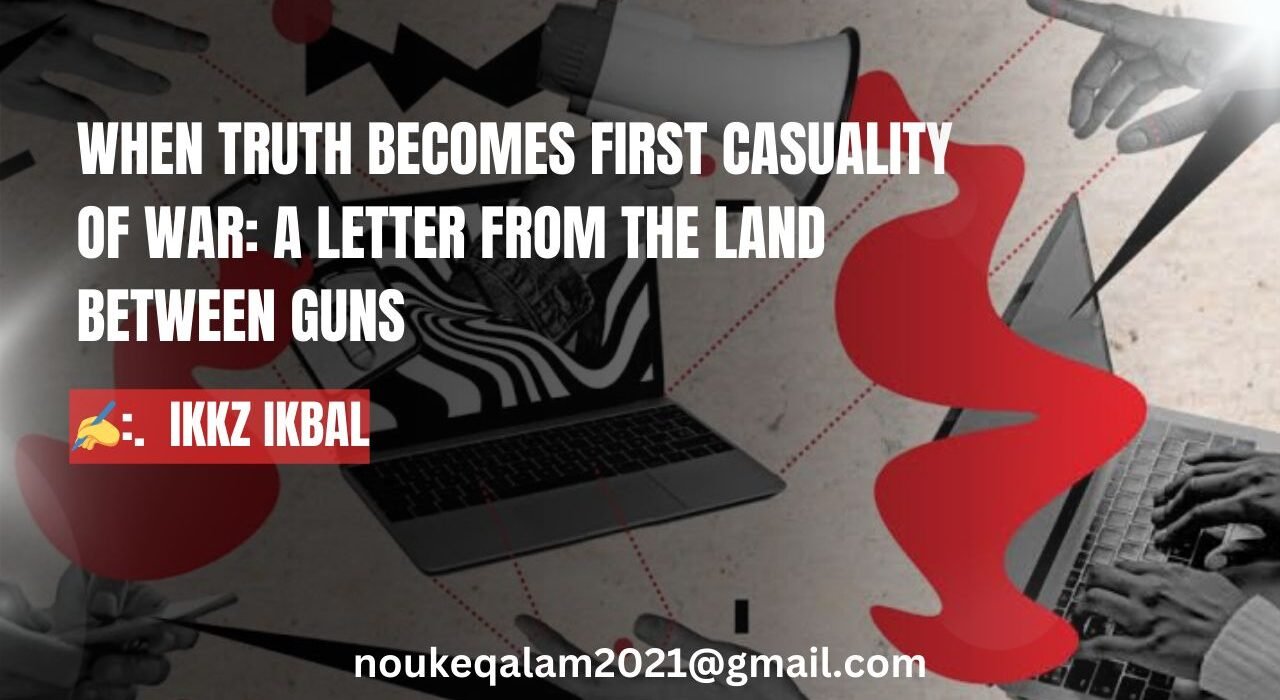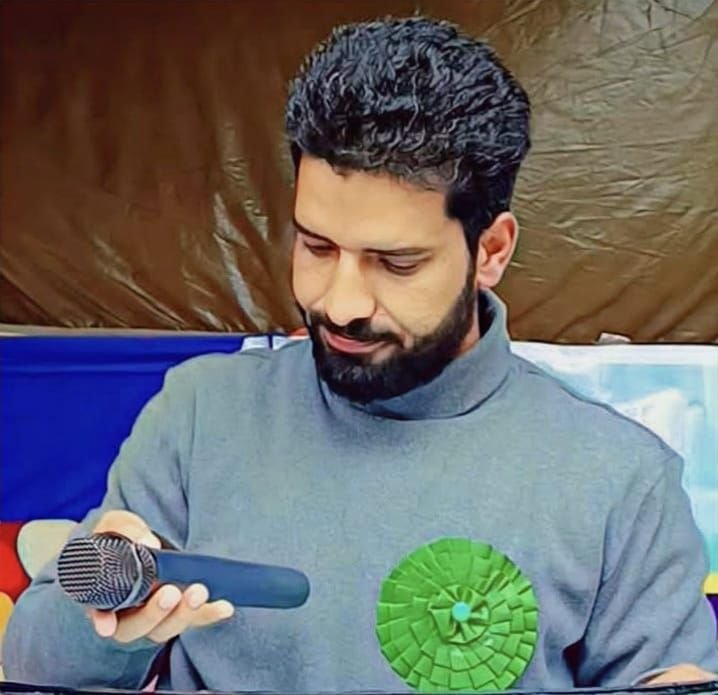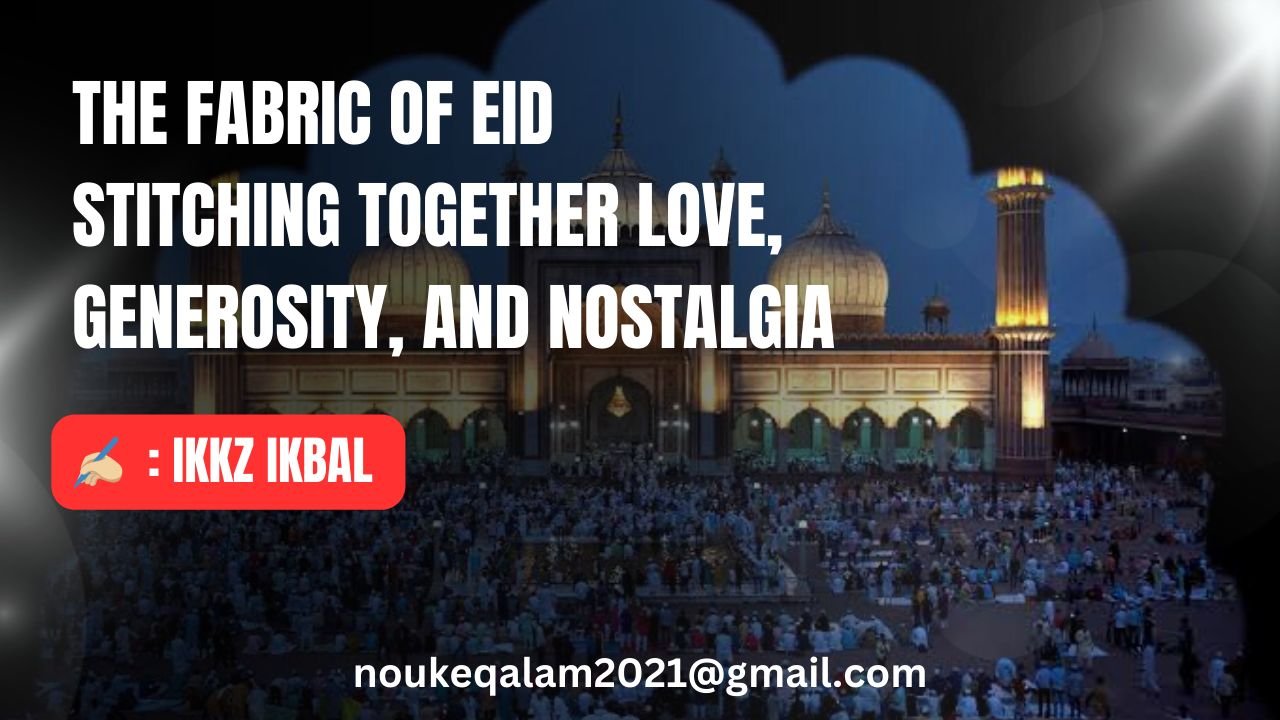Somewhere between primetime debates and political posturing, something precious has died. No, it’s not the enemy across the border—it’s the truth.
Yes, truth. That fragile, flickering flame which once guided journalism, now snuffed out by a blizzard of nationalism, “unconfirmed sources,” and mindless hysteria. Truth didn’t die in the crossfire. It died in the newsroom—slowly, publicly, and most tragically, with applause.
What we’re witnessing now is not a war of two nations. It’s a war of narratives. And sadly, the foot soldiers are not soldiers—they’re journalists, shouting from their air-conditioned studios, armed with hashtags and half-baked headlines.
From Delhi to Islamabad, the trend is terrifyingly similar. The job of journalism, once to question power, has become a karaoke act for the state. “Sources say…” is the new gospel. “Breaking News” breaks no news at all. And if you dare ask for facts, you’re either anti-national or irrelevant.
Let’s be clear. Wars are not won. They are survived. And the worst survivors are not those who fought—but those who had no say in it.
We, the people of Jammu and Kashmir, know this too well. Every time tempers flare in New Delhi or Islamabad, it’s our soil that burns. It’s our skies that roar. It’s our children that stay home from school. It’s our fields that become frontlines, and our silence that’s mistaken for complicity.
We are not a party to this war. We are the playground of its politics. We are not the voice behind the cannon. We are the echo after the explosion.
But we are never asked. We are only explained—by people who’ve never seen what a border village looks like after a shelling.
Dear anchors, this is not chess. This is not your studio battleground where you pit two shouting guests against each other and call it “debate.” This is real life. Real death. Real families.
And yet, every time the cannons cough across the Line of Control, the Indian and Pakistani media rise in competitive hysteria. The body count becomes a scoreboard. “Who started it” becomes the national sport. And facts? Facts are the first casualties.
I write this not with anger, but with sorrow. Because when truth is betrayed, trust dies with it.
There was a time we turned to the media for clarity in chaos. Now we avoid it to preserve our sanity. Journalism has become a theatre of war. Not to inform—but to inflame. Not to serve democracy—but to distract it.
In February 2021, India and Pakistan agreed to reaffirm their commitment to the 2003 ceasefire agreement, according to the New York Times. It was celebrated. For a brief moment, life returned to normal in the border belts. Children played outside. Weddings happened in peace. Farmers tilled fields without fear. And then, the silence was broken—not by bombs, but by bytes. It wasn’t the soldier who fired first. It was the TV channel that screamed “EXCLUSIVE” and lit the fuse.
This madness must stop.
You cannot build peace on propaganda. You cannot protect borders by blinding people. If you’re a journalist, be one. Confirm before you claim. Verify before you vilify. Think before you trend.
We understand the temptation. War sells. Peace bores. But the moment you choose ratings over reality, you betray your own profession.
Please don’t become stenographers of the state. Be the eyes and ears of the people.
If journalism is the fourth pillar of democracy, it’s starting to feel like a crumbling ruin, riddled with termites of misinformation and apathy.
The most tragic part? They still wonder why trust in the media is dying.
Let me explain it plainly:
Because instead of speaking truth to power, you’re now speaking power as truth.
Because you’ve replaced field reporting with studio screaming.
Because your “breaking news” broke our belief.
And so we, the ordinary people, raise a quieter but firmer slogan: Choose ceasefire over war. Choose peace over conflict.
Not because we’re cowards. But because we’ve seen enough coffins.
Not because we’re unpatriotic. But because we understand that peace is a bigger act of courage than conflict.
Journalism must rediscover its purpose. It must return to facts, fairness, and most of all—humanity. Let the microphones record not just politicians, but the farmer near the LoC, the mother who lost a son, the child who lost a school year to shelling.
Let the truth make a comeback, even if it doesn’t go viral.
And let those who profit from fear be seen for what they are—not patriots, but profiteers of pain.
Because in the end, wars don’t just destroy villages.
They destroy values.
And the biggest bomb is not the one dropped on land—it’s the one dropped on truth.
Ikkz Ikbal is a columnist and educationist based in Jammu & Kashmir. He X’s @Ikkz Ikbal






